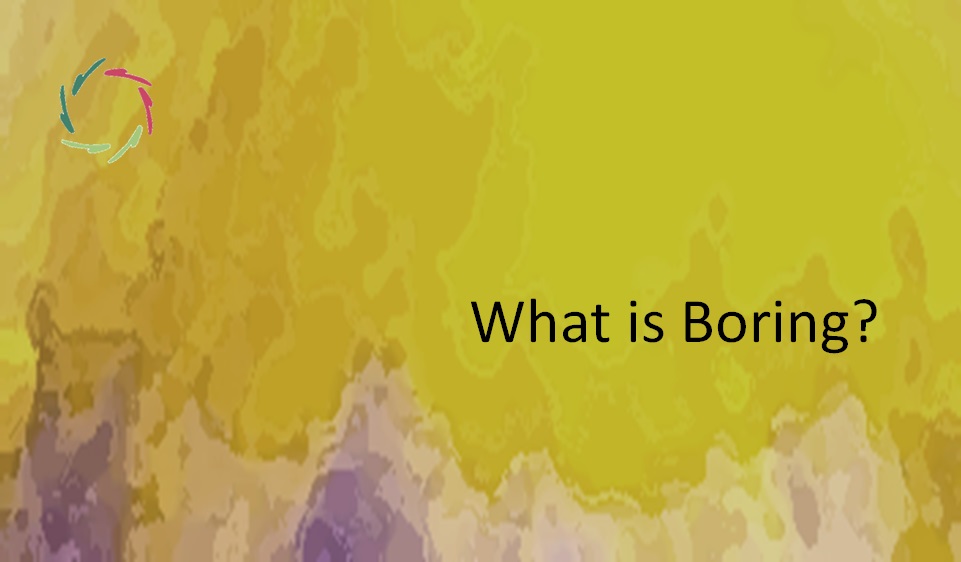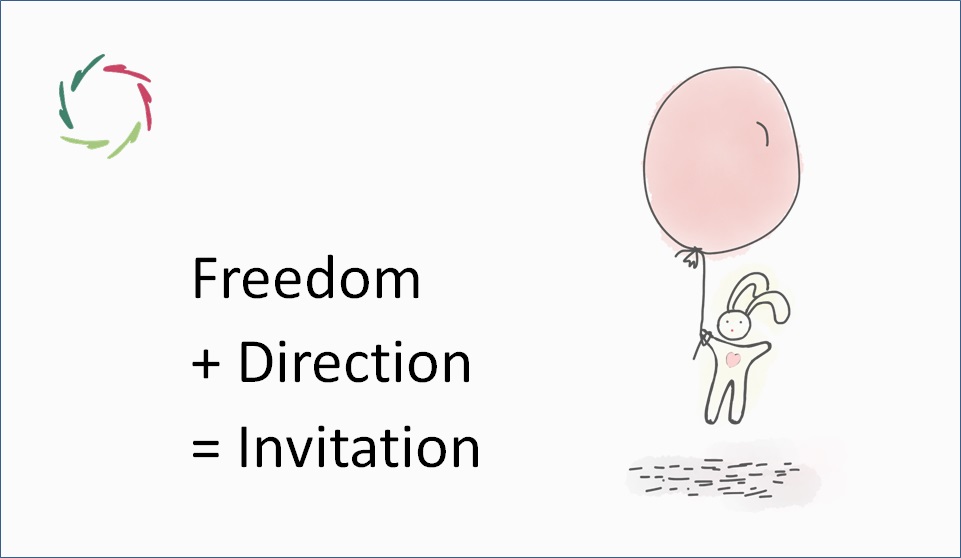What is Boring?

Boring is what doesn’t profoundly touch a person — depending on the ‘what’ and the person. What resonates deeply with one’s inner self?
That changes the question into what it means to “be deeply touched” ― influenced by depth and personal relevance.
What makes experiences and interactions meaningful or engaging to individuals?
This relates to how personal growth and inner strength are nurtured… You see, we are connecting elements but are still circling the key issue, which seems challenging to grasp.
Let’s keep circling.
The importance of understanding and connecting with one’s deeper self is paramount.
Without the connection, there is meaninglessness and boredom.
As we all know, what is deeply touching varies significantly between individuals based on their unique inner landscapes. However, common to it all is the importance of understanding human depth.
Many people even deny its existence or ignore it entirely. No wonder we are facing a cultural meaning crisis. This leads to the need for ever stronger substitutes — resulting in rampant consumerism and a relentless focus on ‘purchasing power,’ even at the detriment of Mother Earth.
This is not good at all.
So, what is boring?
Boring is what doesn’t give you energy (= deep human motivation).
Boring is what you don’t give energy to through authentic engagement; it is what you don’t allow yourself to be open to, letting it touch your soul. Especially now, this seems to be a problem — not only for young people but across all age groups.
It seems to be less openly discussed than it was during the era of ‘spleen’ and ‘mal de siècle.’ The main reason for this, in my view, is that we can hide ourselves much more effectively using present-day technology: TV, social media, gamification, consumerism… We have substitutes for deep engagement in an avalanche of superficial touches.
But that does not satisfy anyone at the soul level. Eventually, being bored might even be preferable to feeling nothing, which can lead to illness or depression from the void.
Being bored is easy by itself. Overcoming it may be more challenging.
Subconceptual communication (also known as autosuggestion) plays a significant role.
Its role in enhancing personal engagement and making experiences more meaningful is beyond any doubt. Through specific autosuggestion practices, one can explore one’s inner self to discover what truly resonates in work, life, and play. Lisa can assist with practices such as mindfulness, guided meditations, trying new activities, and being fully present in each moment.
Of course, the primary requirement for this is Openness. Without Openness, experiences remain superficial and unfulfilling. With Openness, one can seek and create experiences that resonate deeply and foster personal growth.
Nature thrives on it.
We thrive on it.
Otherwise, we end up in depression or burnout, of which ‘being bored’ is a telling sign.


